Four Reasons Not to Use ‘Buy Now, Pay Later’ for Your Prime Day Purchases
If you take on debt, that discount won't look like such a good deal.

Amazon's biggest sale of the year is right around the corner. As you're checking out the deals during Amazon's super-sized Prime Day—which will take place from July 8 to July 11, twice as long as usual—you might be tempted by Amazon's "affordable monthly payment system." Also known as "buy now, pay later" (BNPL), its pitch is alluring: Buy what I need now, and pay later, "on my own timeline?" Yes please! But as convenient as it sounds, you should think twice before using buy now, pay later options for Prime Day.
While BNPL plans can allow you to pay for purchases in installments without interest, they come with a cost can easily outweigh any Prime Day discounts. At least 16% of consumers using BNPL have missed payments, and 24% have said theoption caused them to overspend, according to a recent Bankrate survey. Let's take a look at the hidden costs of BNPL, and why you're better off paying upfront for all your Prime Day deals.
How does Amazon's buy now, pay later option work?
Amazon doesn't actually have its own buy now, pay later program. Instead, they've partnered up with major BNPL provider Affirm. When you're checking out on Amazon, you can select Affirm as a payment. The process is straightforward: you choose your items, select Affirm at checkout, complete a quick application, and receive an instant decision on your loan terms. Individual transactions initiated through Affirm are limited to $25,000, with a daily maximum of $100,000 across multiple purchases—but hopefully that won't come up in a single Prime Day splurge, right? (Right?!)
The main draw of these programs is the ability to "pay at your own pace." If you are required to pay a down payment, that is due at the time of the transaction. From there, your first monthly payment is usually due one month after your purchase is processed. Each following payment will be due one month later, on the same day of the month.
You can choose your own timeline, usually spanning 3, 6, 12, or 24 months, depending on the purchase amount and your creditworthiness. Unlike traditional credit cards, Affirm shows you the exact payment amount and total cost upfront, and claims no hidden fees or compound interest. (More on that below.)
Of course, you need a separate Affirm account in addition to your Amazon Prime membership. The application process requires basic information including your name, mobile phone number, date of birth, and the last four digits of your Social Security number. Affirm performs a soft credit check initially, which doesn't impact your credit score, though they may conduct a hard inquiry for some loans.
Now let's take a look at four major risks to consider before you hit that BNPL button:
It makes impulse spending easier
The ease of this sort of financing can make expensive purchases feel more affordable than they actually are. When you can buy a $800 tablet for "just $67 per month," it's easy to lose sight of the total cost, as well as your overall financial picture. In turn, this makes it all too easy to overspend on items you might not have purchased otherwise. You're better off taking a breath, stepping away from your shopping cart, and setting alerts to be notified when a product hits a price you can stomach.
You may be hit with unexpected interest charges
The biggest danger with BNPL is missing one of the recurring payments. Sure, the plans are marketed as interest-free financing. However, in many cases, that 0% interest offer only applies if you pay off the full balance by a specific due date. If you have even $1 remaining after that cutoff, interest starts accruing at rates as high as 36.99% in some cases. So buyer beware—it's easy to inadvertently end up with large interest charges if you're not vigilant about paying off the balance before the promotional period ends. Soon that discounted Prime Day deal won't look so affordable.
It can impact your credit score
Currently, BNPL plans don’t directly impact users’ credit scores. But this fall, FICO says it will start including BNPL payment histories in its credit score calculations. So if you miss payments or default on the installment plan, it will cause damage to your credit score—making it even harder to get approved for mortgages, auto loans, credit cards, and other financing down the road. None of that risk is worth the Prime Day savings.
You'll have limited purchase protections
When you use a credit card, you get valuable purchase protections like extended warranty coverage, price protection, and the ability to dispute fraudulent charges. BNPL plans generally don't come with these safeguards. This means you're on the hook if something goes wrong with your Prime Day purchase and the retailer doesn't make things right. The smarter move is to only buy what you can afford during Amazon's Prime Day event, no matter how tempting those deals may seem.
Although installment plans are helpful if you really need to finance something major, it’s best to avoid taking on debt for everyday expenses. Better to wait for a good price for something you truly need and can afford to pay for right now. To that end, keep checking back for more of Lifehacker's Prime Day coverage to find the best deals available during this summer's sale.








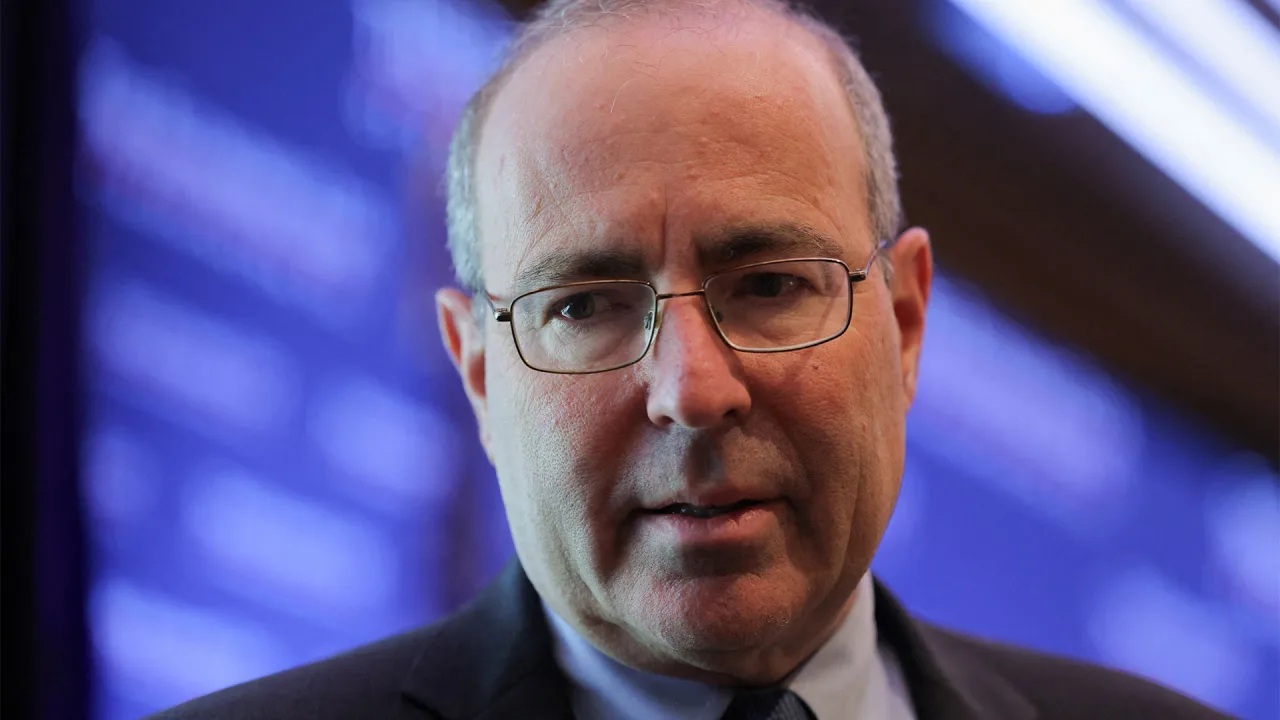





























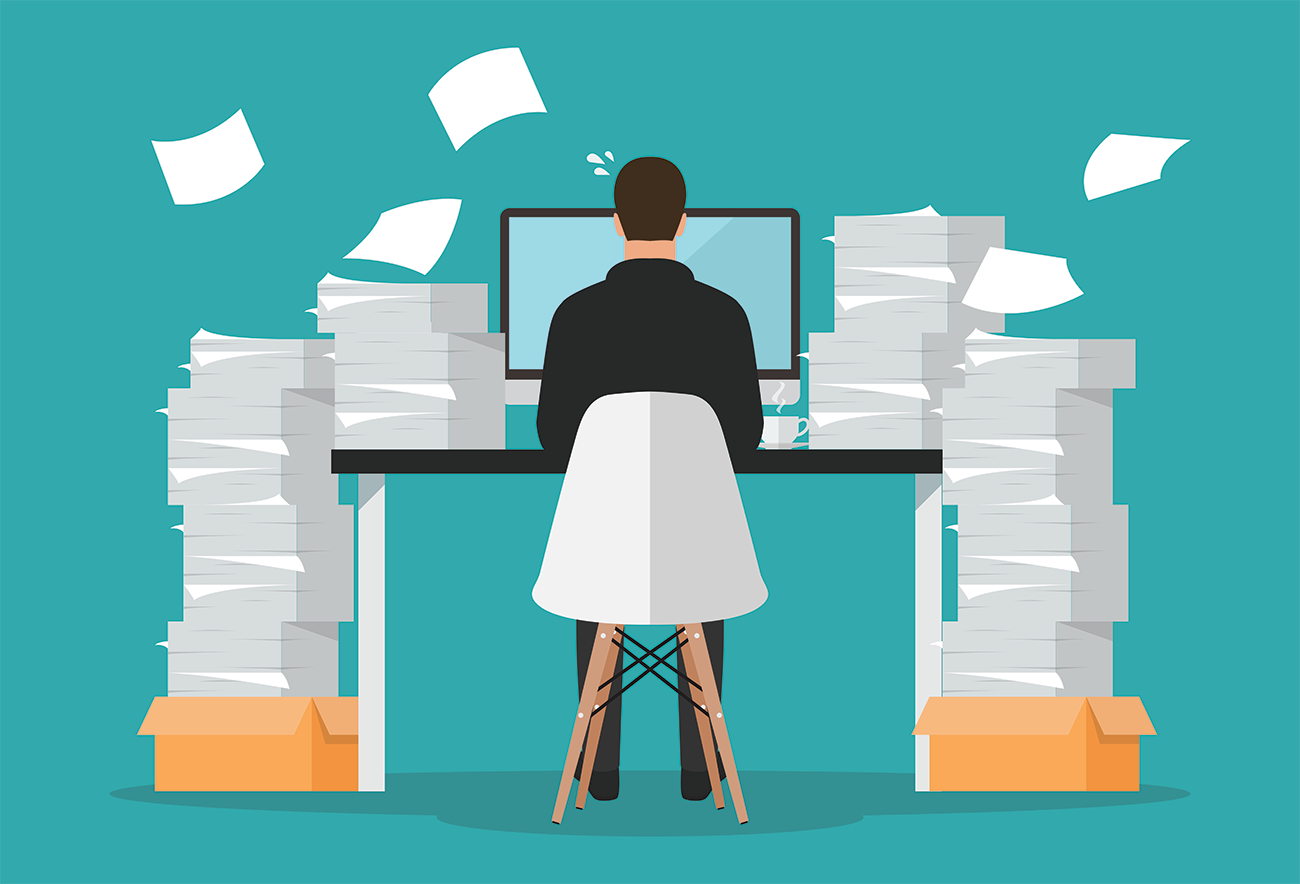










































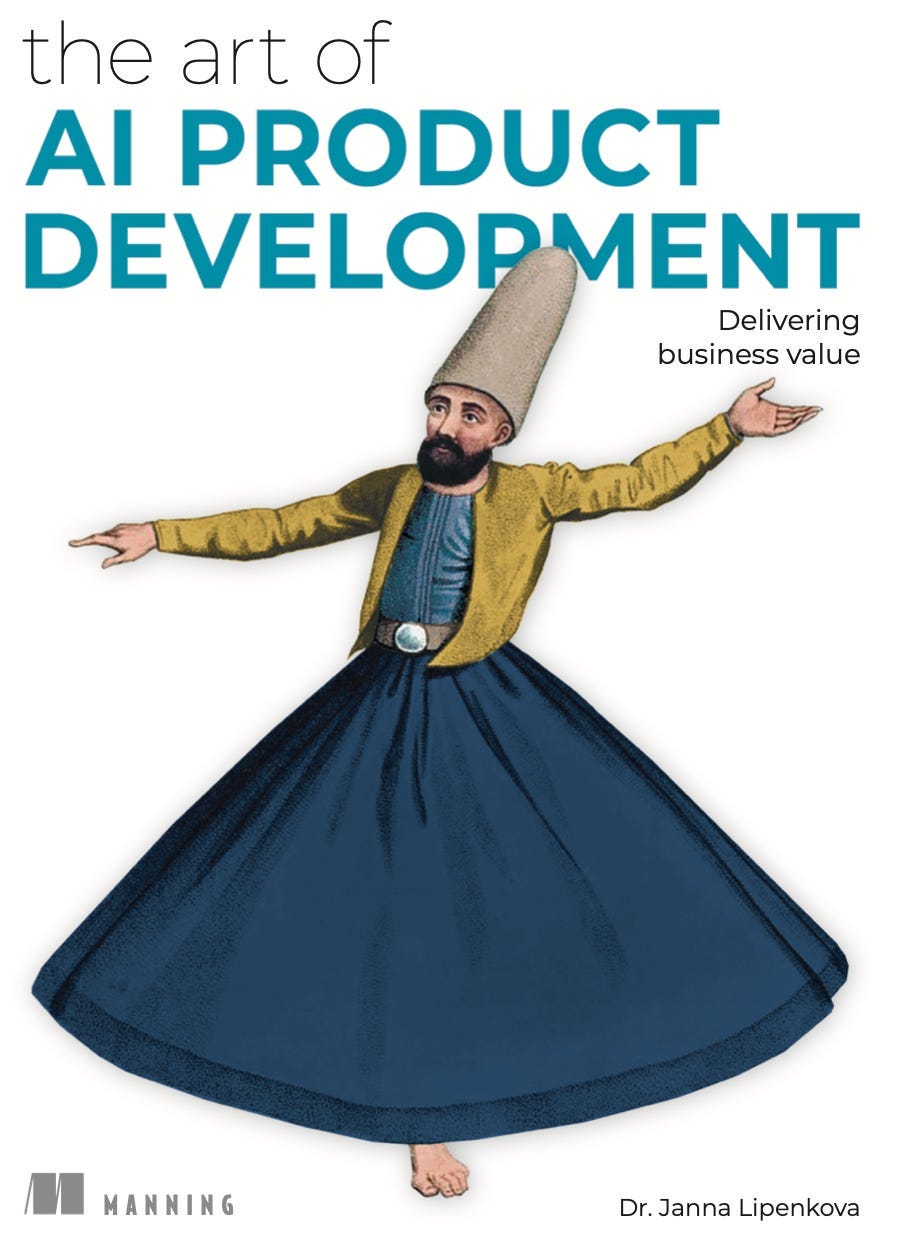
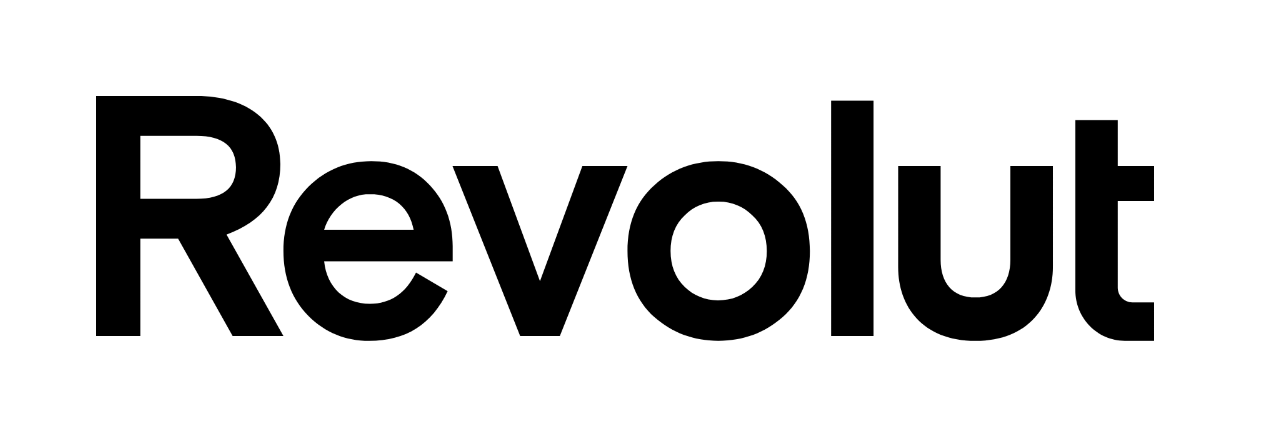
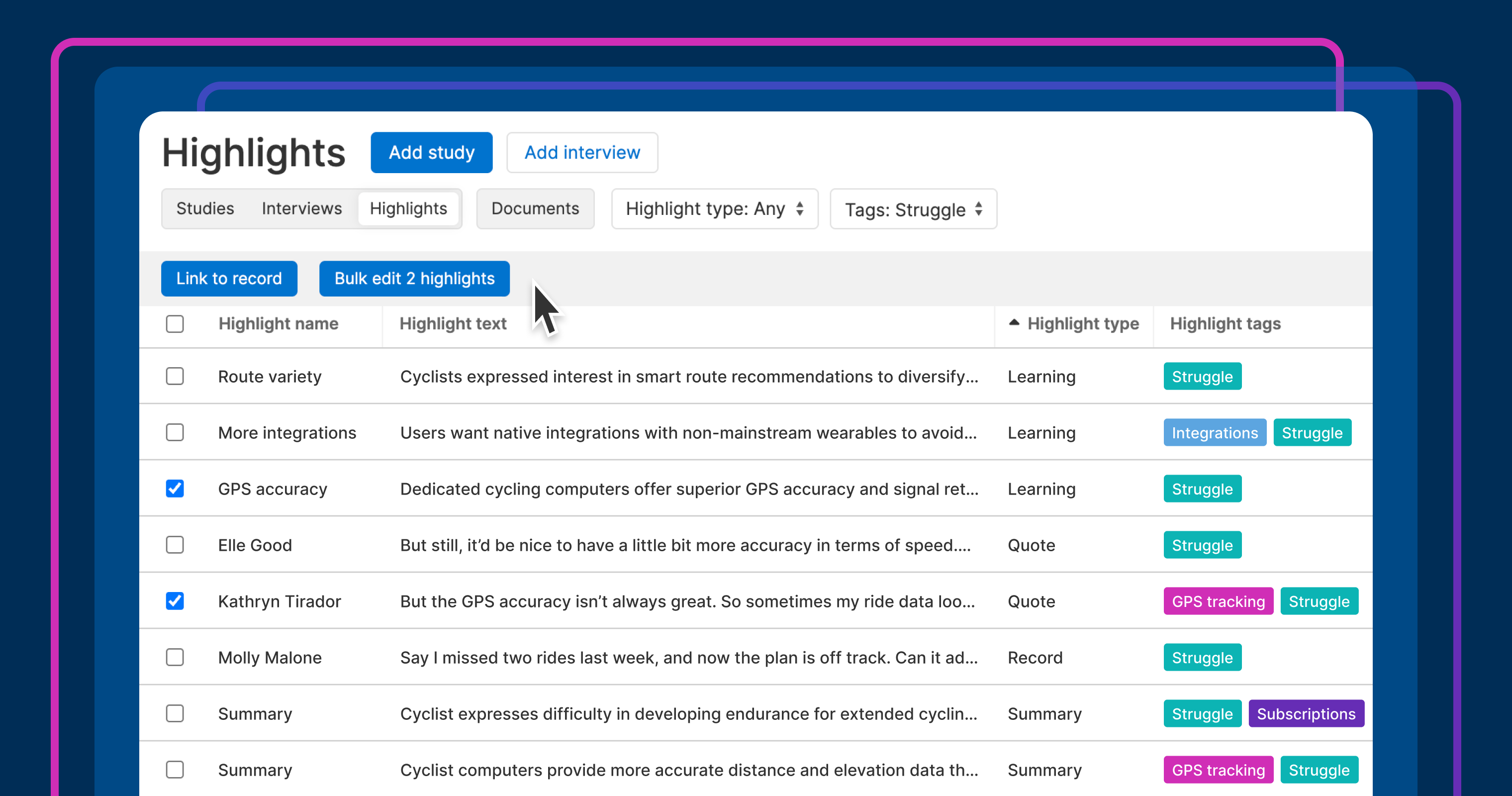























![Building A Digital PR Strategy: 10 Essential Steps for Beginners [With Examples]](https://buzzsumo.com/wp-content/uploads/2023/09/Building-A-Digital-PR-Strategy-10-Essential-Steps-for-Beginners-With-Examples-bblog-masthead.jpg)














































